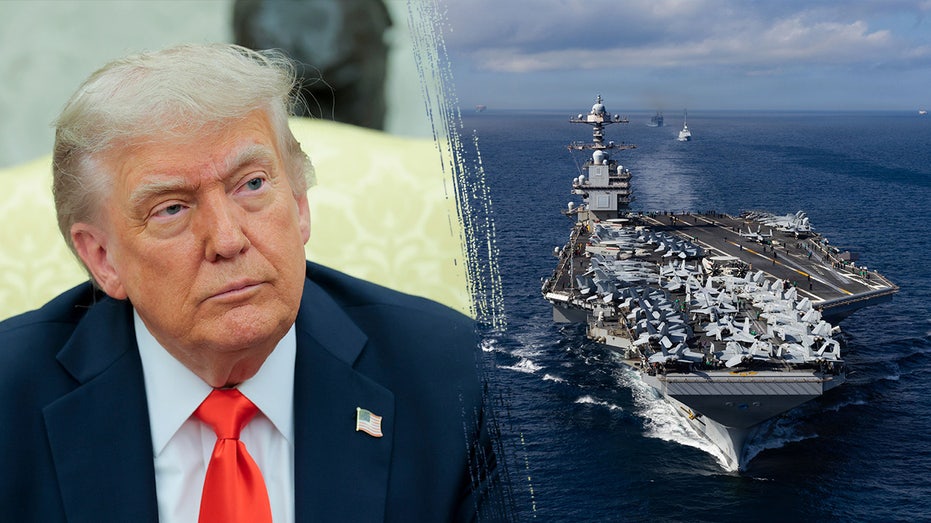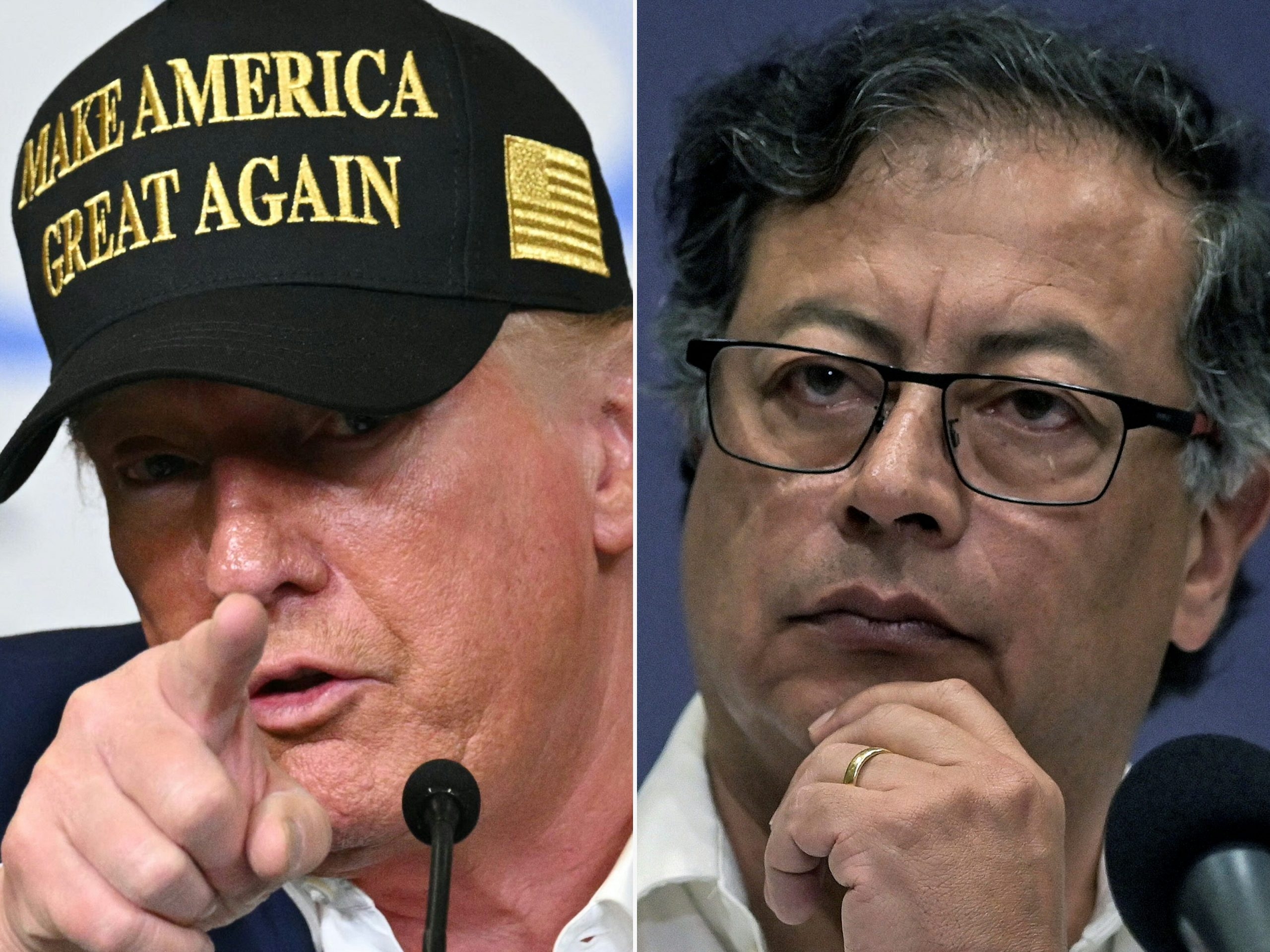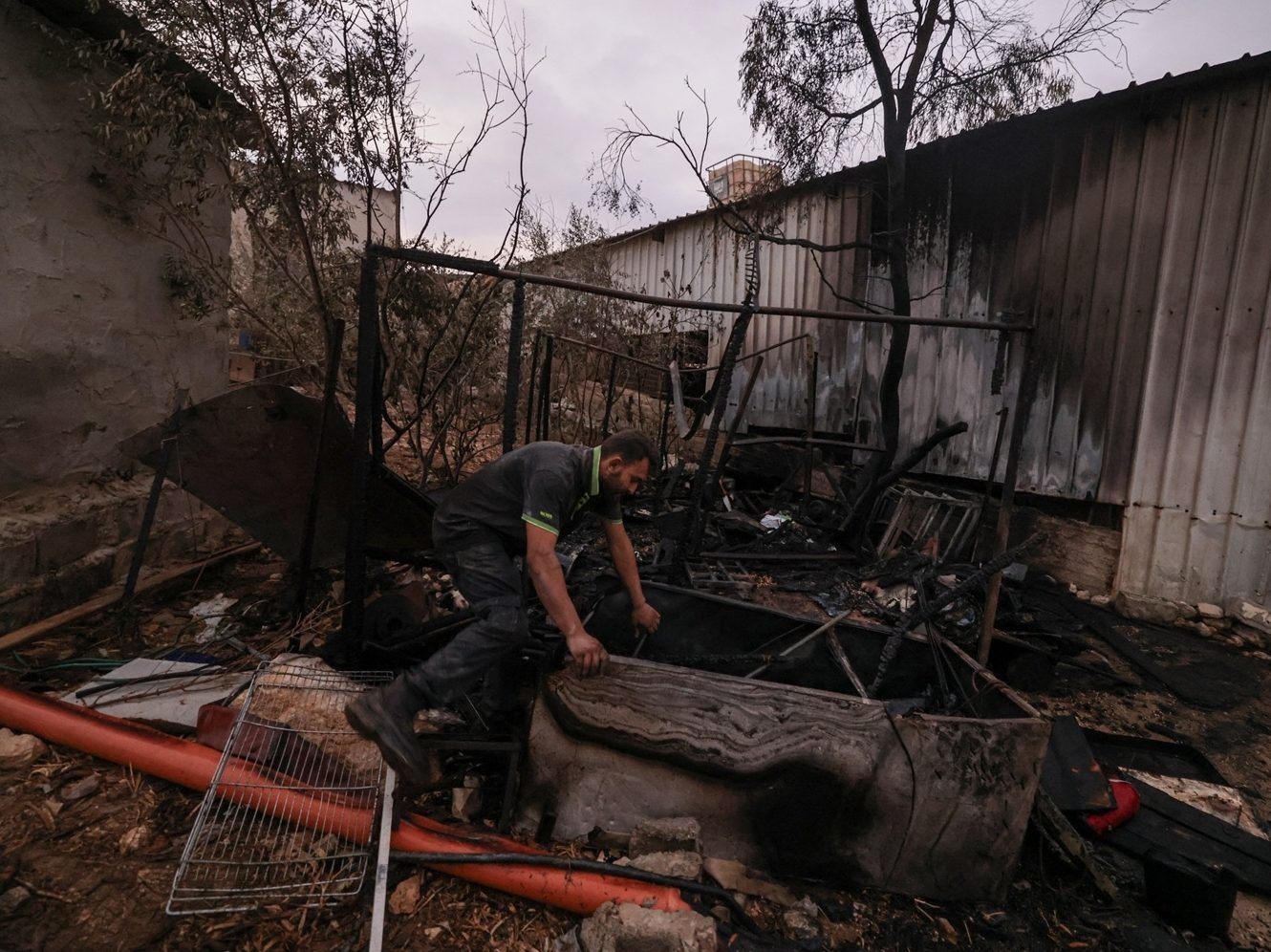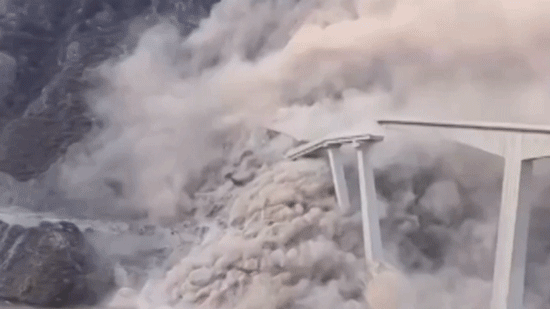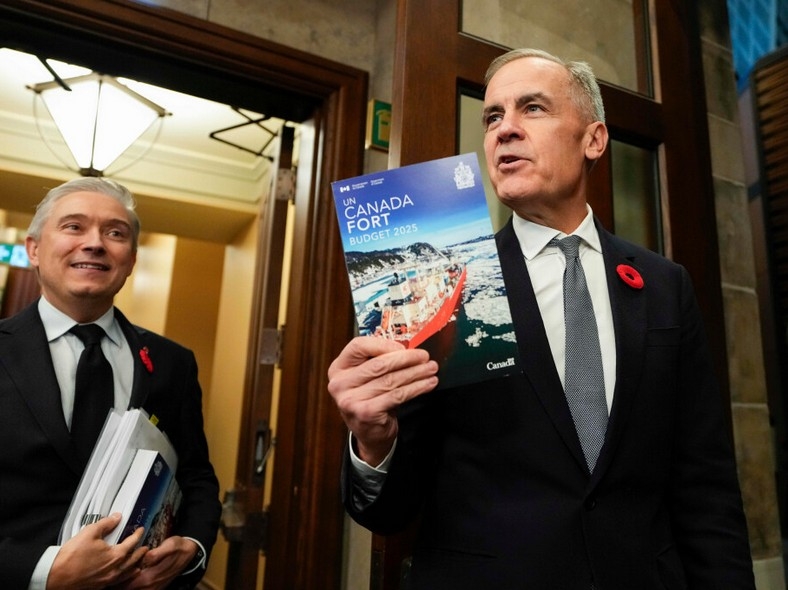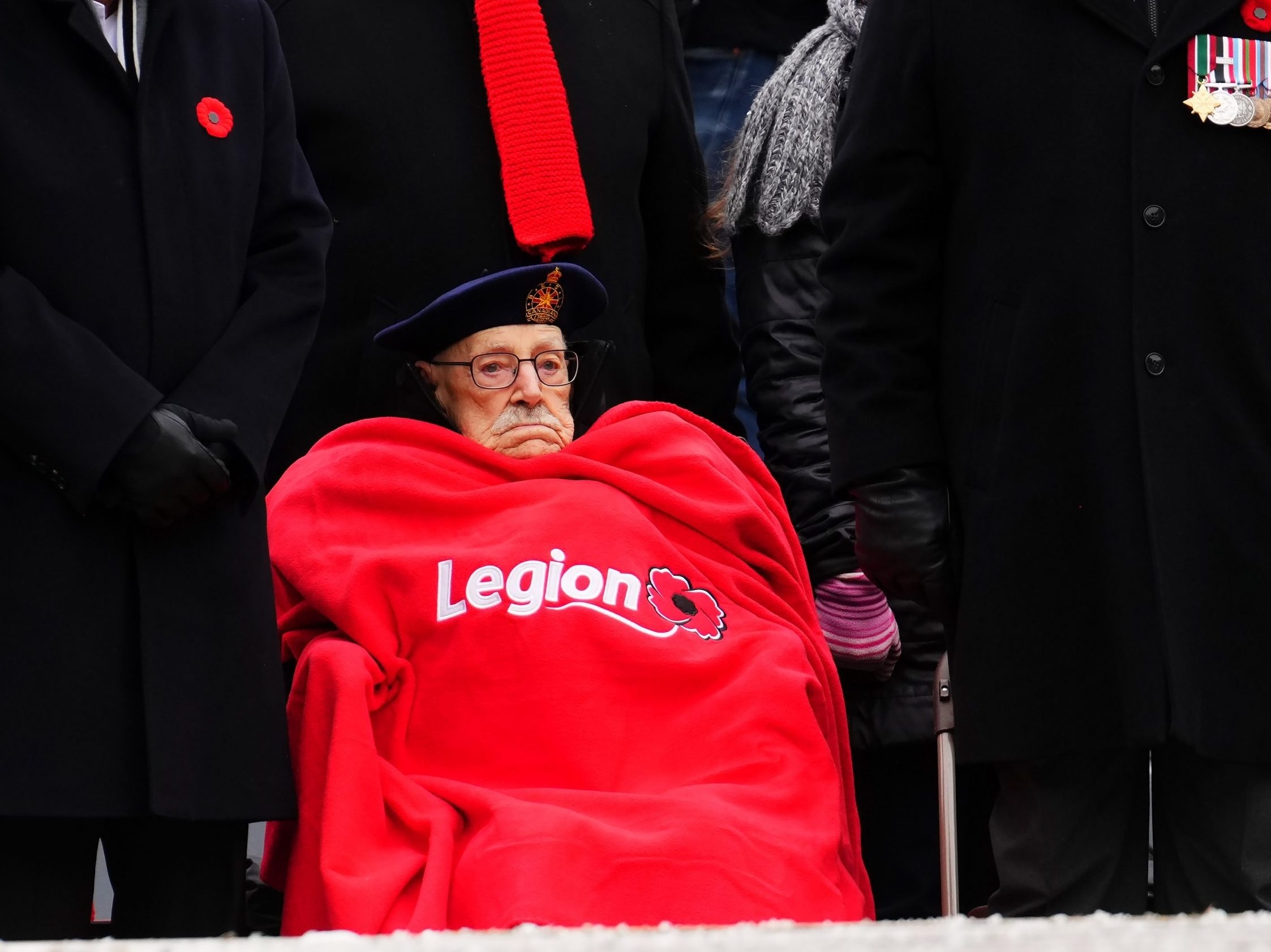A shadow of conflict hangs over the Caribbean Sea. Venezuela, bracing for potential intervention, has initiated a widespread military deployment, positioning units and stockpiling resources across the nation.
This response directly follows the mobilization of U.S. warships in the region, a move perceived by Venezuelan President Nicolás Maduro as a direct threat to his power. He has publicly vowed to defend the nation against what he calls American aggression.
The Venezuelan strategy, described internally as “prolonged resistance,” isn’t focused on direct confrontation. Instead, it relies on a network of small military units – operating in over 280 locations – engaging in acts of sabotage and guerrilla warfare.
Planning documents reveal this approach stems from a stark realization within the Venezuelan military: a conventional war would be swiftly lost. One source close to the government admitted, “We wouldn’t last two hours in a conventional war.”
The United States has simultaneously increased its presence, with the USS Gerald R. Ford Carrier Strike Group entering the area of responsibility under U.S. Southern Command. Officials cite the need to disrupt drug trafficking and dismantle criminal organizations as key objectives.
Beyond these stated goals, President Trump has hinted at the possibility of ground operations, suggesting “the land is going to be next.” This declaration amplifies the already heightened tensions and fuels fears of a broader conflict.
However, Venezuela’s ability to sustain a prolonged defense is hampered by severe resource shortages. Reports indicate that some unit commanders are even forced to barter with local farmers to secure food for their troops, highlighting the strain on government supplies.
Amidst this escalating crisis, Russia has offered potential assistance to Venezuela, signaling its willingness to intervene should Maduro request it and urging restraint from all parties involved. The situation remains volatile and unpredictable.
The U.S. Navy emphasizes its mission is to detect and monitor illicit activities threatening American security in the Western Hemisphere. Yet, the deployment of such significant naval power inevitably raises questions about the ultimate intentions behind this escalating military posture.
